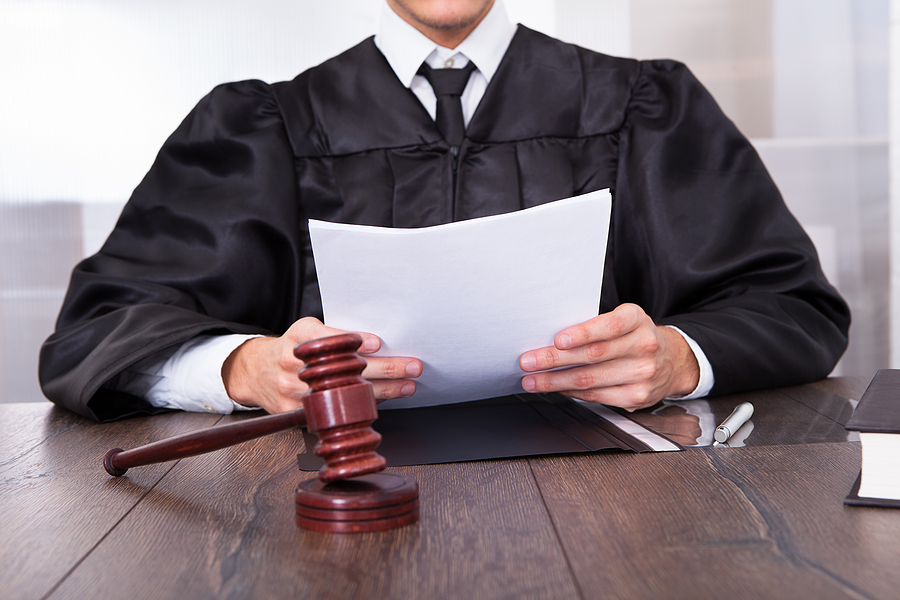What Could Happen When Someone is Charged with a Crime and Has Prior Convictions in Wisconsin?
This is a complicated question with a complicated answer. In Wisconsin, prosecutors aren’t allowed to present prior convictions as evidence for guilt in the current crime. However, there are times when prior records may be brought into the case to demonstrate the defendant’s character of truthfulness.
There are specific situations in which previous crime convictions are not allowed to be brought into a case because they cause what’s known as unfair prejudice, meaning it could cause the jury to view the case through the lens of something that’s no longer on trial. Those conditions include:
- If the convicted person was pardoned
- If the convicted person demonstrated successful rehabilitation
- How much time has elapsed since the previous conviction
- The total number of prior convictions
- The type and severity of the crimes involved in the prior convictions
- If the current charges are similar to prior convictions, the judge may not allow them in the new case
When Do Prior Convictions Affect Current Criminal Charges in Wisconsin?
Prior convictions usually come into play at the sentencing stage after someone has been convicted of a new crime. Depending on the dates of the previous and current convictions, the defendant becomes a repeat offender.
Those prior convictions can lead to increased sentencing. That means the sentence that’s handed down may be longer or more severe in context than if the defendant didn’t have a prior history. For example, if the defendant were to be sentenced to ten years in prison for the current crime, having prior convictions could cause that sentence to be increased by as much as 2-4 years.
The time frame looked at is usually five years. If the defendant is convicted inside of that five-year limit, they could be considered a repeat offender and subject to more severe consequences. That’s one of the reasons it’s vital to work with an experienced criminal defense attorney who understands the laws regarding repeat offenders and will search for legal solutions to reduce the punishment when possible.
What Is Wisconsin’s Three Strikes Law?
Wisconsin’s so-called “three strikes” law is meant to act as a deterrent for repeat criminal behavior by delivering harsh consequences to someone convicted of three or more serious or violent felony crimes. Those consequences could include up to 25 years in prison with no chance of parole.
- Crimes that come under the three strikes law include the following.
- Homicide, murder, or vehicular homicide
- Sexual assault or sexual assault/exploitation of a child
- Felony drug crimes
- Arson
- Kidnapping or child abduction
- Carjacking
- Armed burglary
Note that someone could be charged with multiple crimes at one time. For example, someone could be convicted of carjacking, kidnapping, and homicide if they carjack a car with someone in it, and the person in the car ends up dead. Those are all separate charges, even if it’s one event.
The type of crime matters because some won’t be covered under three strikes.
What Are Some Defenses Against Wisconsin’s Three Strike Law?
Every criminal charge case is unique. There’s not one single line of defense that will work for everyone. It’s best to work with an experienced criminal defense attorney to understand what might work for your case. But some potential defenses include:
- Identify violation of constitutional rights (the arresting officer didn’t read the Miranda rights or used illegal search and seizure)
- Negotiate for reduced or dismissed charges
- Negotiate a plea deal, which means the defendant pleads guilty to receive lesser sentences
- Represent you at trial and working to have the three strikes option removed
What Is Wisconsin’s Expungement Law?
In 2024, a new expungement law was signed into law in Wisconsin. The goal of the law was to make the expungement of criminal records more widely available so those criminally convicted could have a better opportunity for a fresh start and law enforcement could focus on more serious crimes.
One of the most significant changes to the law was that, previously, expungement was only available to those convicted of misdemeanors or nonviolent felonies. Now, expungement may be available to people convicted of criminal trespass, traffic crimes, or violating a domestic violence order. However, it does not apply to the most severe crimes, such as murder. The new law also simplified the process of applying for expungement, which used to be complicated and time-consuming.
As to the value of expungement, having a criminal record can make it challenging to apply for jobs or housing. It can also cause someone to be unable to obtain licensure needed for specific careers, including teaching. While there are cases where the convicted person has rights protecting them from having those convictions used against them, there are other cases where landlords and employers may reject those applications. If you’re unsure of whether your criminal record is subject to discrimination, contact an experienced criminal defense attorney.
What Should I Do if I’ve Been Charged with a Crime and Have Previous Convictions?
Call Casper Mehlos Law Group as soon as possible at 608-820-8926 to schedule a free consultation. As discussed above, prior convictions can exacerbate new convictions and have serious, life-changing consequences. We understand how traumatic this is for you. We can go through the specifics of your case and prior history to develop the right approach to work toward the best possible outcomes for you.

 (608) 820-8926
(608) 820-8926 Call Us Now
Call Us Now Email Us Now
Email Us Now
